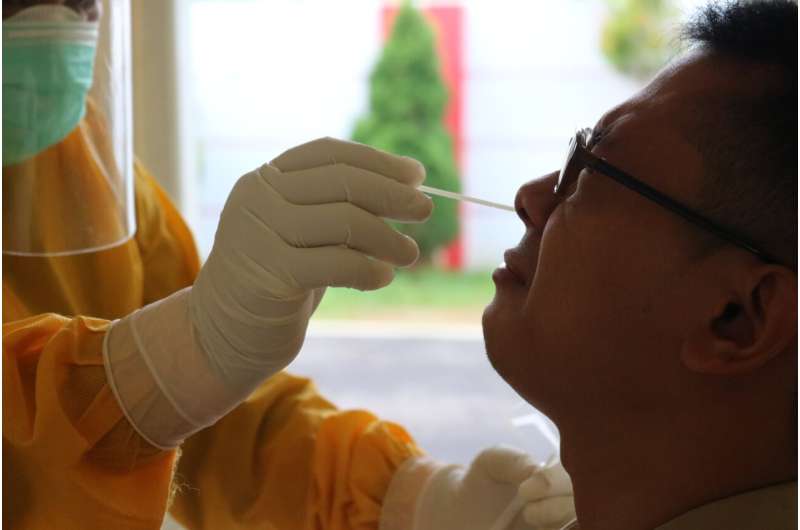Emerging Biomarker Shows Promise for Predicting and Managing Skin Cancer Metastasis

Researchers have discovered C5aR1 as a novel biomarker that can predict metastasis risk and guide targeted therapy in skin cancer, offering new hope for managing advanced cutaneous squamous cell carcinoma.
Researchers have identified the protein C5aR1 as a promising biomarker for assessing the risk of metastasis and prognosis in patients with cutaneous squamous cell carcinoma (cSCC), the most prevalent type of metastatic skin cancer. The study, published in The American Journal of Pathology, reveals that C5aR1 actively promotes the invasion of cSCC tumor cells. Elevated levels of this biomarker could potentially serve as an indicator of metastatic disease and a target for developing new treatments.
The incidence of cSCC is on the rise, mainly driven by prolonged exposure to solar ultraviolet radiation. Although primary cSCC can often be effectively treated through surgical excision, about 3% to 5% of cases metastasize, leading to a poor prognosis and accounting for nearly a quarter of annual skin cancer-related deaths. Current clinical practice lacks reliable molecular markers to predict which primary tumors are likely to metastasize, highlighting an urgent need for such biomarkers.
The study's lead scientist, Dr. Veli-Matti Kähäri, emphasized this gap, stating, "There are no established molecular markers in clinical practice for predicting metastasis risk in cSCC. Identifying biomarkers like C5aR1 could significantly improve prognosis and guide targeted therapy development."
The complement system, an integral part of the immune response, plays a complex role in cancer. While it can help suppress tumor growth, it also can facilitate tumor progression by promoting inflammation and immunosuppression. This dual nature prompted the research team to explore the interaction between C5a—a signaling molecule—and its receptor, C5aR1, in cSCC.
Using a combination of laboratory experiments, including 3D cell culture and patient-derived tumor samples, the researchers observed that fibroblasts within the tumor microenvironment can induce increased expression of C5aR1 in cancer cells. When C5a binds to C5aR1, it activates pathways that enhance tumor cell invasiveness. Notably, high C5aR1 expression in both tumor cells and stromal fibroblasts was linked with an increased risk of metastasis and poorer survival outcomes in patients.
Dr. Lauri Heiskanen, the study's first author, explained, "Our findings indicate that fibroblasts in the tumor microenvironment play a crucial role in promoting cancer progression through C5aR1. The expression of this receptor in stromal cells was unexpectedly associated with worse patient prognosis, emphasizing the importance of tumor-stromal interactions."
The study suggests that C5aR1 could serve as a useful prognostic marker for metastatic potential in cSCC and, importantly, as a novel target for future therapeutic interventions aimed at halting disease progression. This breakthrough offers hope for better predictive tools and targeted treatments for patients with advanced cSCC.
Source: https://medicalxpress.com/news/2025-05-biomarker-potential-skin-cancer-metastasis.html
Stay Updated with Mia's Feed
Get the latest health & wellness insights delivered straight to your inbox.
Related Articles
Decoding Sperm Movement: Key Proteins Essential for Male Fertility
Research uncovers the crucial role of specific proteins in sperm motility and male fertility, offering new insights into infertility causes and potential treatments.
AI-Driven Research Uncovers Biological Factors Behind Higher Endometrial Cancer Mortality in Black Women
AI research has identified key pathological and genetic differences that explain the higher mortality rates of endometrial cancer among Black women, paving the way for more tailored treatments and improved prognosis.
Advanced Bioluminescence Diagnostic Tool Enhances Virus Detection with Superior Signal Longevity
Mass General Brigham unveils LUCAS, a revolutionary bioluminescent diagnostic tool that offers highly sensitive and long-lasting signals for rapid virus detection, facilitating early diagnosis and improved disease monitoring.



